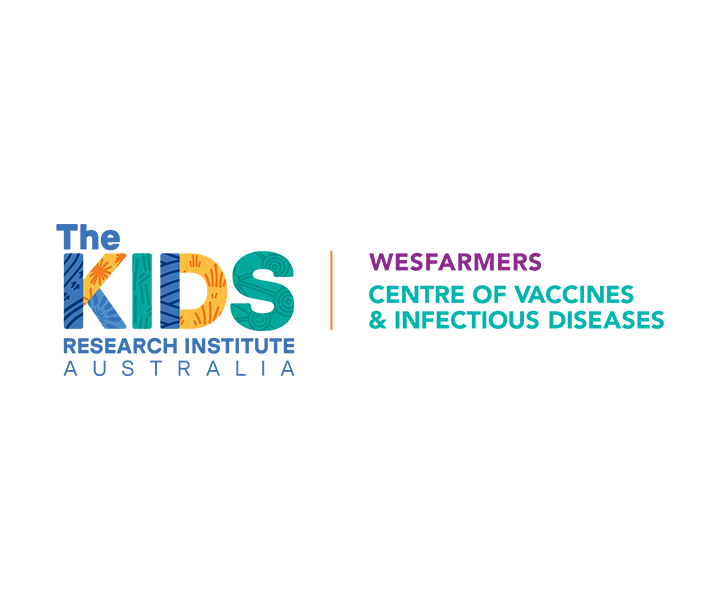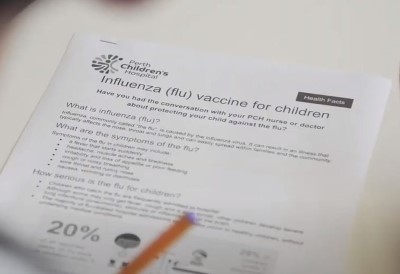Search
Research
Consensus guidelines for improving patients' understanding of invasive fungal disease and related risk prevention in the haematology/oncology setting, 2021Patients with invasive fungal disease (IFD) are at significant risk of morbidity and mortality. A productive partnership between patients, their carers/families, and the multidisciplinary team managing the infection and any underlying conditions, is essential.
Research
Levels of pneumococcal conjugate vaccine coverage and indirect protection against invasive pneumococcal disease and pneumonia hospitalisations in Australia: An observational studyThere is limited empiric evidence on the coverage of pneumococcal conjugate vaccines (PCVs) required to generate substantial indirect protection. We investigate the association between population PCV coverage and indirect protection against invasive pneumococcal disease (IPD) and pneumonia hospitalisations among undervaccinated Australian children.
Research
The role of Kingella kingae in pre-school aged children with bone and joint infectionsThe Pre-school Osteoarticular Infection (POI) study aimed to describe the burden of disease, epidemiology, microbiology and treatment of acute osteoarticular infections (OAI) and the role of Kingella kingae in these infections.
Research
The pharmacokinetic properties of artemether and lumefantrine in Malaysian patients with Plasmodium knowlesi malariaThe aim of this study was to assess the pharmacokinetic properties of artemether, lumefantrine and their active metabolites in Plasmodium knowlesi malaria.
Research
Association between convalescent plasma treatment and mortality in COVID-19: a collaborative systematic review and meta-analysis of randomized clinical trialsConvalescent plasma has been widely used to treat COVID-19 and is under investigation in numerous randomized clinical trials, but results are publicly available only for a small number of trials. The objective of this study was to assess the benefits of convalescent plasma treatment compared to placebo or no treatment and all-cause mortality in patients with COVID-19.
Research
Interrupted time-series analysis showed unintended consequences of non-pharmaceutical interventions on paediatric hospital admissionsCOVID-19-associated non-pharmaceutical interventions (NPI) have disrupted respiratory viral transmission. We quantified the changes in paediatric hospital admissions in 2020 from five different NPI phases in Western Australia for acute lower respiratory infections (ALRI) in children in the context of all-cause admissions.

The Wesfarmers Centre of Vaccines & Infectious Diseases brings together a number of independent researchers and research teams with a common aim; to find and deliver new and improved solutions to prevent and treat serious infections experienced by children or adolescents.

News & Events
New Aboriginal Cultural Guidance Advisor appointedThe Wesfarmers Centre of Vaccines and Infectious Diseases has appointed Mrs Valerie Swift to a newly created Aboriginal Cultural Guidance Advisor position.

News & Events
Latest infectious disease guidelines aim to keep childcare ‘bug-free’The National Health and Medical Research Council (NHMRC) has launched their sixth edition of Staying healthy: Preventing infectious diseases in early childhood education and care services in a bid to tackle the transmission of germs amongst young kids.

News & Events
RSV and influenza detections hit record low levels in 2020Western Australia has experienced historically low levels of respiratory syncytial virus (RSV) and influenza this winter due to the public health measures implemented to prevent the spread of COVID-19.
